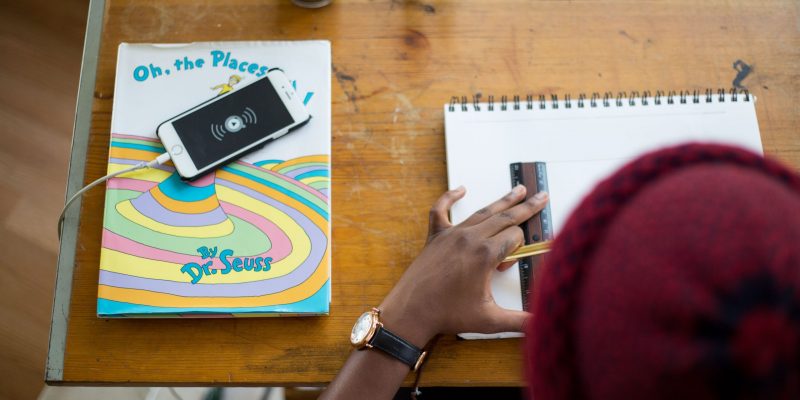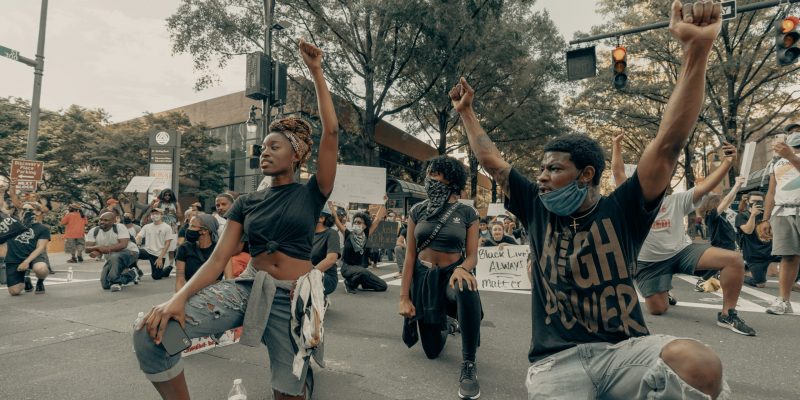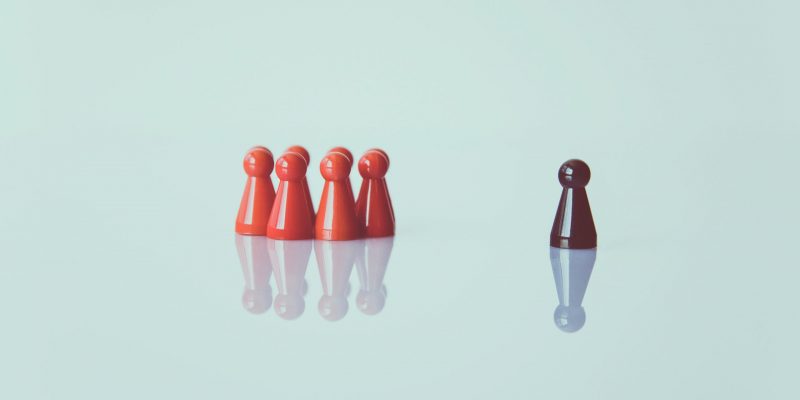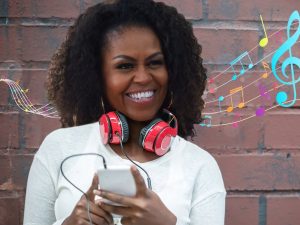I’ve received a text. To paraphrase, it read “Solomon, as a black friend of mine, I just wanted to check on you, and ask how the George Floyd situation has impacted you? Hope you’re doing well!”

Although the intentions here were noble, this really spun me out. It was such a random question to me, and I really wasn’t prepared for it. Why does my friend think that I’ve been so impacted by George Floyd’s death?
My question was answered when during our conversation, she confirmed why her original question had been asked. She confirmed that she had assumed that the situation must have affected me in a profound and separate way… Because I am black.
I was left feeling alienated and set apart from her. George Floyd’s killing has raised in me a fire, and a disgust, and a craving for justice and change. However, I had thought that I was united with my peers in this, and that most of us felt the same way at the sight of such brutal injustice.
What I had not expected, perhaps naively, was that my friends could look at me and assume that George Floyd’s killing must be cutting for me in a way that was separate and profound. Not because I possess any experience that would make the situation hit home any harder, but simply because of my colour.
This person is a very close friend of mine, so we were able to have a comfortable and honest conversation about my experiences, her assumption, and how her question had made me feel. I was lucky in this regard, because the more I dwelled on her question the more startling it became. Her question had exposed an unconscious bias that was at its core, racist.
On the 25th of May, George Floyd was killed by a Police Officer. The Officer killed him by kneeling on his neck for nine minutes, strangling him to death whilst arresting him for the alleged crime of trying to use a fake cheque.
This was the latest in a pattern of police violence directed at black people in the US. The incident has resulted in protests, riots, and public outrage on a scale I have scarcely seen.

Perhaps facilitated by the current worldwide pandemic, the current US leadership, or the series of similar deaths, people in the US, the UK and literally across the world are showing their support and solidarity for black people, and their struggle for justice in systems that still treat them as a commodity.
And yet, this context does little to explain why this question was posed to me.
The reality is simply that my skin does not determine how this situation will affect me, and why would it? My blackness has no bearing on my sense of justice. It is our experiences that determine how situations affect us.
It may be helpful to hear the same question from different perspectives.
If I approached a Chinese person and asked, “How has the unrest in Hong Kong affected you?” They could very well reply with, “What do you mean? I’m from Brighton?”
Or If I approached someone with an Australian accent and asked, “How have the recent bushfires affected you?” They could very well reply with “Surely the same as you? I’ve never been to Australia, and I don’t know anyone there.”
Do you see what I’m getting at? An assumption was made about me based on nothing but my appearance, and just like in those examples, it felt awkward and alienating.

Racist? Or an innocent question?
What myself and my friend have learnt from this situation, is a greater appreciation for how the assumptions and stereotypes we carry around in our heads can so easily affect our behaviour.
“All black people must be uniquely affected by George Floyd’s death, they must all come from rough neighbourhoods, their mothers must have beat them, they daddies must have left them, etc…”
Hopefully, you’re reading this and thinking “I don’t actually believe any of that!” And “I don’t assume that about people.” Cool, that’s good, continue doing that.
But have you ever heard someone make a comment, or tell a joke, and just let it slide? Or just allowed yourself to believe or accept something? Because I’m definitely guilty of this. And that’s exactly the trap my friend fell into.
After absorbing the fallout of George Floyd’s death, both in news coverage and on social media, she allowed herself to believe that every black person she knew must have been affected by George Floyd’s death in a way that is profound and separate from her own.
Interestingly, and also obviously, she received a range of replies from the handful of people she had contacted. Some had experiences of living in America, or of enduring overt or violent racism, so were able to share how George Floyd’s murder had really struck at a cord for them.
Others felt like their experiences didn’t especially set them apart, and were caught off guard by the question. She shouldn’t have assumed that she knew their lived experiences, just because they were her black Friends.
Assumptions Affecting Behaviour.
Personally, I would have preferred to be asked about my experience of racism and prejudice, rather than have it assumed for me. This would have changed the results of our conversation from that of alienation, to insight.
What do I do then?
The wake of the George Floyd’s death has left so many people expressing a feeling of “What can I do?”
Well, whatever your colour and creed, you can join me in reflecting on the ways our biases and assumptions affect how we treat people. And having the courage to challenge injustice wherever we find it. Even if we discover it within ourselves.
I think Michelle puts it better.
“It’s up to all of us—Black, white, everyone—no matter how well-meaning we think we might be, to do the honest, uncomfortable work of rooting it out. It starts with self-examination and listening to those whose lives are different from our own.”
Michelle Obama (2020)

“I have walked that long road to freedom. I have tried not to falter; I have made missteps along the way. But I have discovered the secret that after climbing a great hill, one only finds that there are many more hills to climb.”
Nelson Mandela (1994)
